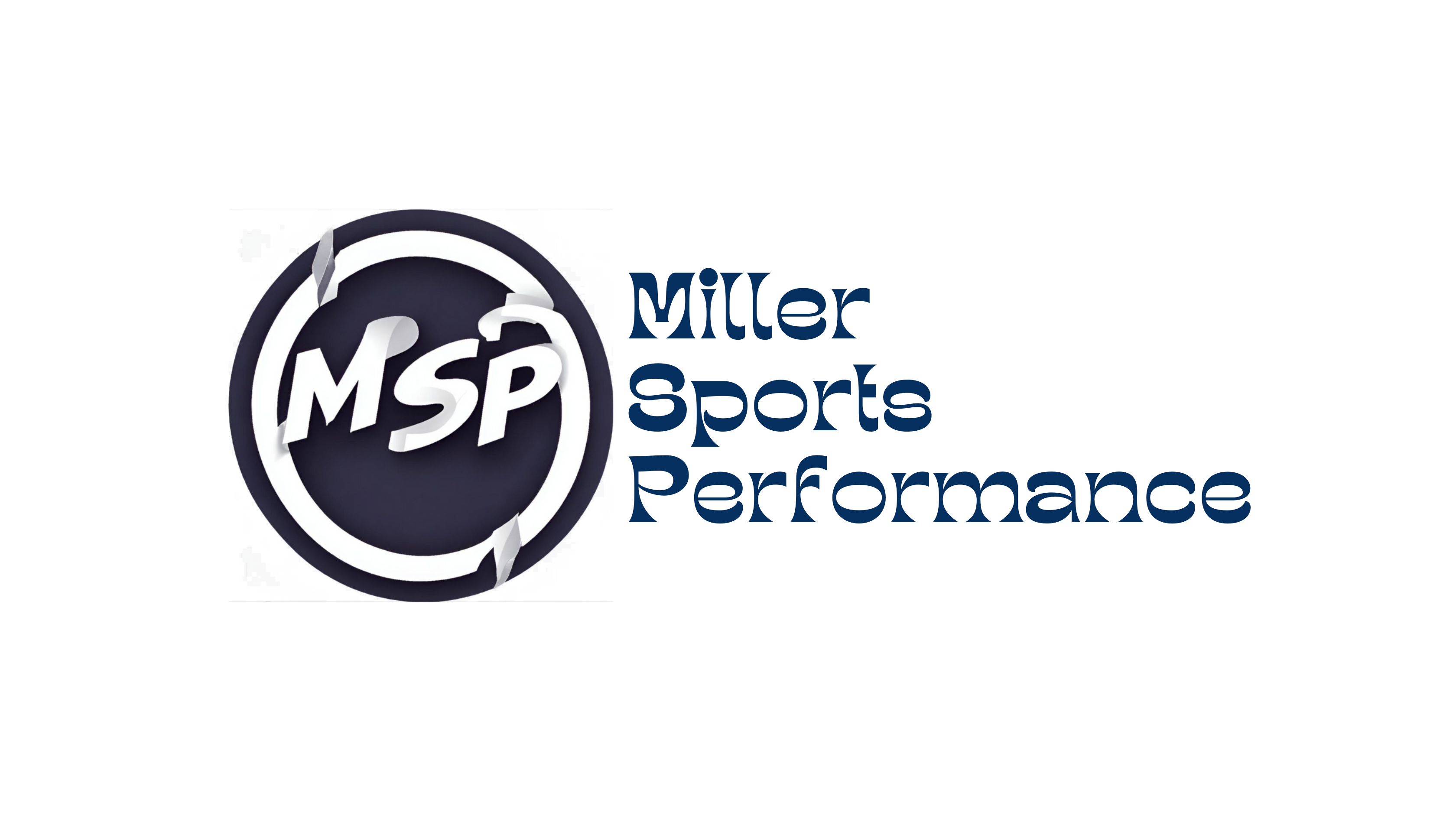Attention Deficit Hyperactivity Disorder (ADHD) is a neurodevelopmental condition that can significantly influence various aspects of an individual’s life, including their participation in sports. While ADHD poses certain challenges in terms of focus and impulse control, it can also bring unique strengths that contribute to sports performance. This article explores the nuanced relationship between ADHD and sports, shedding light on both the challenges and positive aspects that individuals with ADHD may experience in the athletic arena.
There are some challenges when it comes to experiencing ADHD and working with the expectations of the sports environment. These children may have to work harder in these areas than one might expect.
One of the hallmark challenges associated with ADHD is difficulty sustaining attention. In sports that require prolonged focus, such as golf or archery, individuals with ADHD may find it challenging to maintain the concentration needed for consistent performance. Frequent distractions and the struggle to filter out irrelevant stimuli can impact an athlete’s ability to stay engaged in the game.
Impulsivity, a core feature of ADHD, can pose challenges in sports that demand strategic decision-making. Athletes with ADHD might be prone to making impulsive decisions on the field, affecting their positioning, shot selection, or overall game strategy. This impulsivity can lead to errors and impact both individual and team performance.
ADHD often involves difficulties with time management and organization. Athletes need to adhere to training schedules, attend practices, and manage their time effectively. Individuals with ADHD may struggle with these aspects, potentially leading to missed practices, incomplete training, or inadequate preparation for competitions.
Emotional dysregulation is another aspect of ADHD that can impact sports performance. Frustration, impatience, or heightened emotional responses to stressors on the field may interfere with an athlete’s ability to stay focused and maintain optimal performance. This emotional turbulence can affect both individual and team dynamics.
Athletes with ADHD may experience variations in their performance levels. Factors such as fluctuations in attention, energy levels, and mood can lead to inconsistent results on the field. This inconsistency may pose challenges in sports where maintaining a steady and reliable performance is crucial.
While ADHD is often associated with challenges in sustaining attention, it can also bring a phenomenon known as hyperfocus. In moments of intense interest or passion, individuals with ADHD may demonstrate an extraordinary ability to concentrate. In sports, this hyperfocus can translate into exceptional performances during critical moments of a game.
ADHD is linked to heightened creativity and out-of-the-box thinking. In sports, this can manifest as innovative strategies, unconventional moves, and unexpected plays. Athletes with ADHD may bring a unique perspective to the game, surprising opponents and contributing to the overall creativity of their team.
Many individuals with ADHD have high levels of energy. In sports that require endurance, such as long-distance running or soccer, this surplus energy can be advantageous. Athletes with ADHD may exhibit remarkable stamina and resilience, enabling them to excel in physically demanding sports.
The flexibility and adaptability associated with ADHD can be assets in sports that demand quick thinking and adaptability to changing situations. Athletes with ADHD may excel in dynamic sports like basketball or hockey, where rapid decision-making and adaptability to the unpredictable nature of the game are critical.
Individuals with ADHD often possess a deep passion for activities that captivate their interest. In sports, this passion can be a driving force, motivating athletes to invest time and effort into honing their skills. The enthusiasm associated with ADHD can contribute to a strong work ethic and a genuine love for the game.
There are many areas where a child with ADHD can be successful in the sports environment. When the following things are in place it can be very beneficial for children who may experience ADHD.
Implementing structured and consistent training programs can help individuals with ADHD overcome challenges related to time management and organization. Clear schedules and routines can provide a framework for athletes to stay on track and ensure regular participation in training sessions.
Incorporating mindfulness and focus-enhancing techniques can aid athletes with ADHD in improving attention and concentration. Practices such as meditation, deep breathing, and visualization can contribute to better focus during training and competitions.
Coaches who understand the unique needs of athletes with ADHD can tailor their coaching strategies to provide individualized support. This may involve breaking down instructions into manageable steps, providing consistent feedback, and emphasizing positive reinforcement.
Setting clear and achievable goals, both short-term and long-term, can help athletes with ADHD maintain focus and motivation. Developing a strategic plan for training and competition, including pre-game rituals and routines, can contribute to better preparation and performance consistency.
Athletes with ADHD can leverage their hyperfocus moments to their advantage. Identifying specific triggers or activities that induce hyperfocus can be incorporated into training routines or pre-game rituals, optimizing performance during critical moments.
Learning and practicing emotional regulation strategies, such as mindfulness and self-awareness, can assist athletes in managing emotional responses to stressors. This, in turn, can contribute to a more stable emotional state during competitions.
ADHD presents a complex interplay of challenges and strengths in the realm of sports. While individuals with ADHD may face difficulties in areas such as attention, impulsivity, and emotional regulation, they also bring unique attributes like hyperfocus, creativity, and passion to the athletic arena. With the right strategies, support, and understanding from coaches, teammates, and the athletes themselves, individuals with ADHD can harness their strengths and navigate the challenges to achieve success and fulfillment in sports. Ultimately, embracing the diversity of neurodiversity in sports contributes to a more inclusive and enriched athletic landscape.
